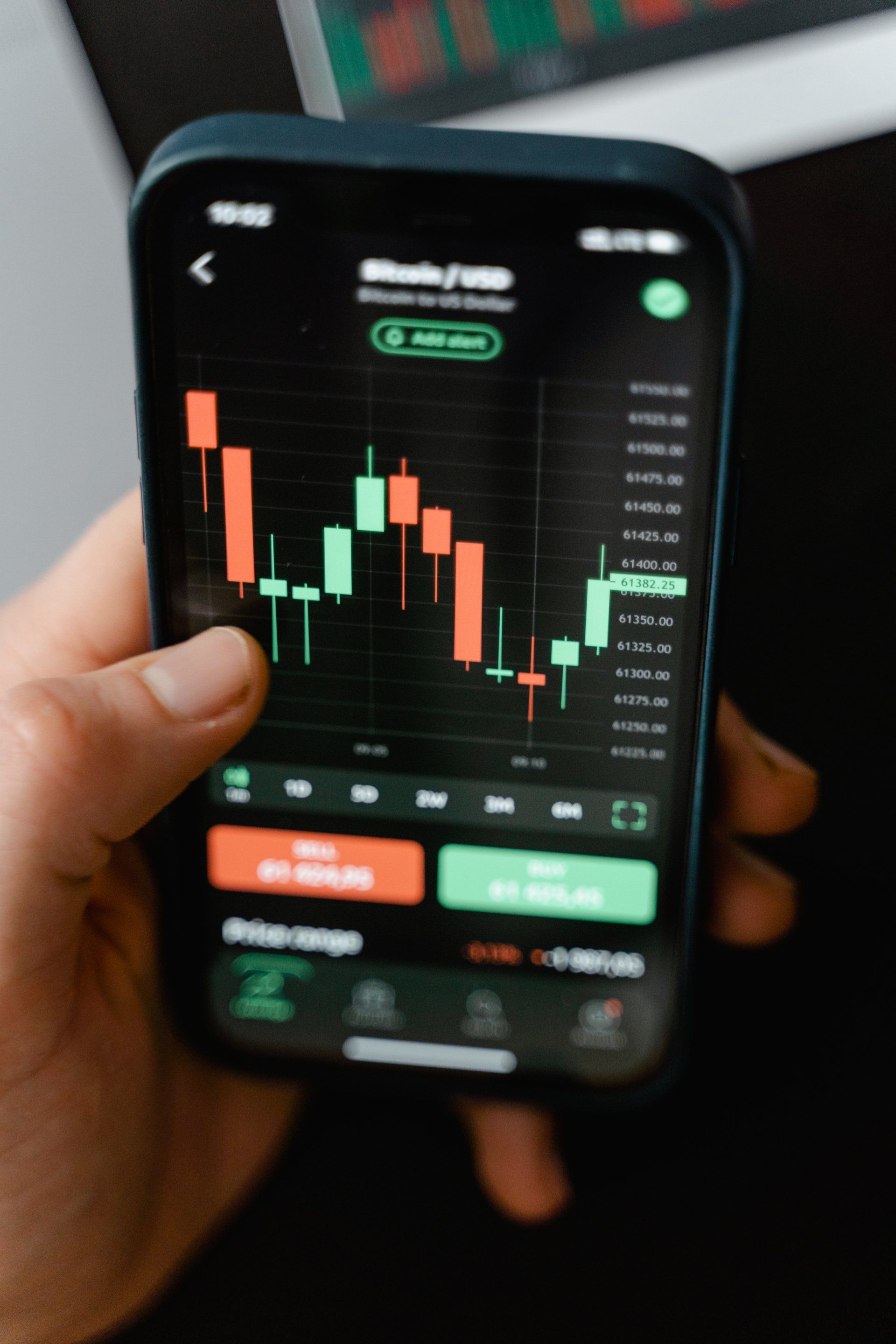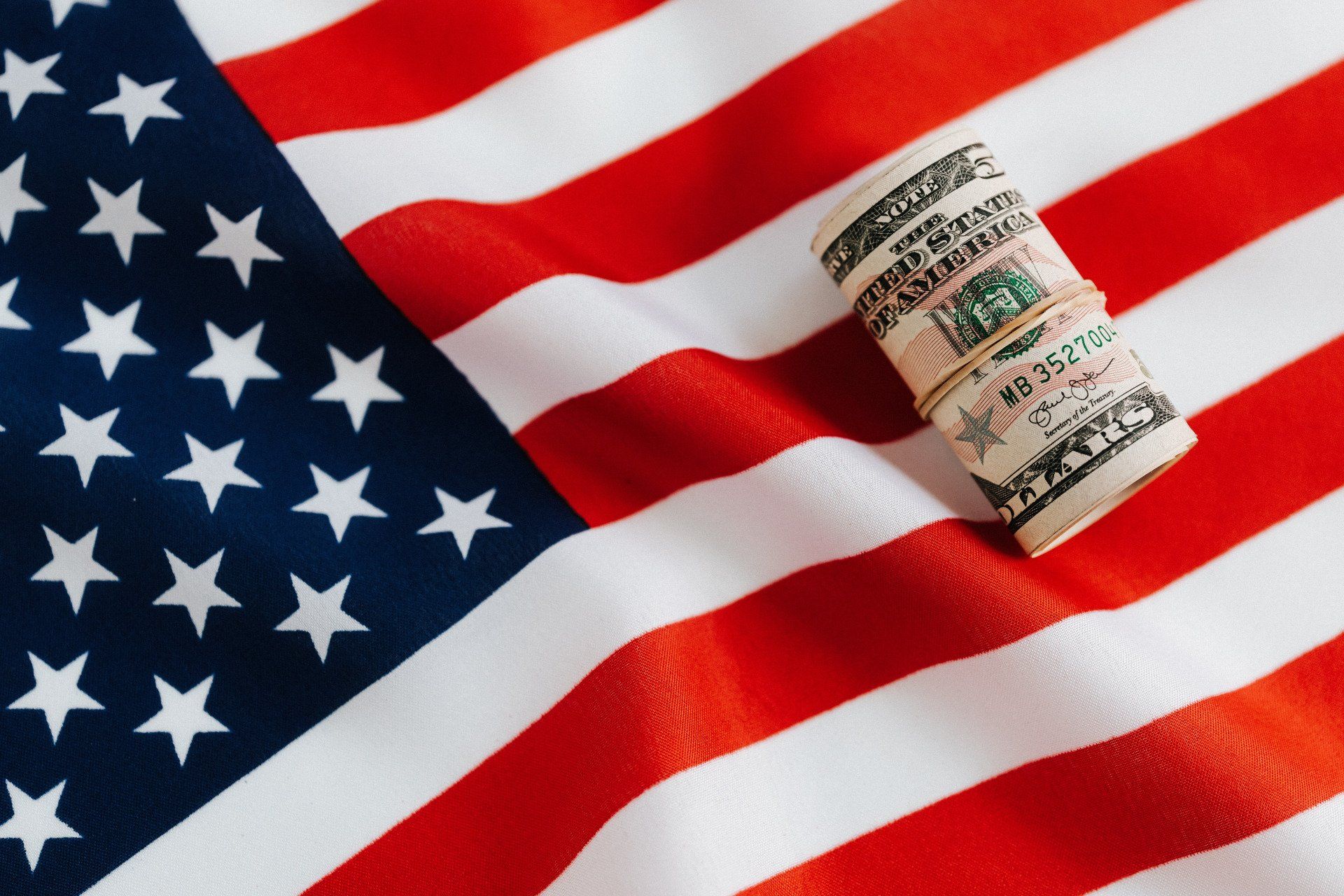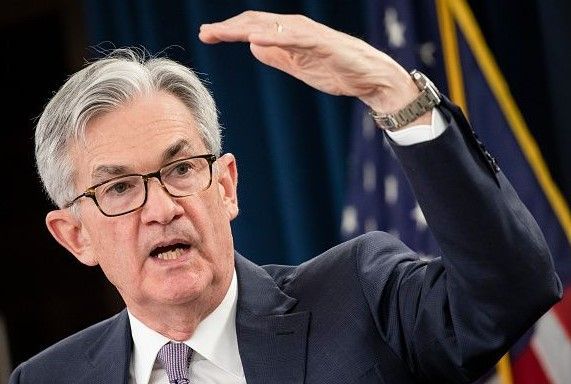Is Greed Really Good
Greed and Financial Trading are often spoken about in the same sentence. This is not surprising given the real life examples of people like Jordan Belfort (immortalized in the film ‘The Wolf of Wall Street’) and fictional villains like Gordon Gekko (subject of the film ‘Wall Street’ and ‘Money Never Sleeps’). Who can forget that famous 'GREED IS GOOD' speech.
Both scenarios present professional trading as a win at all costs game with little thought of consequences as long as the end result of making more money is achieved.
Our society typically regards greed and its related traits as desirable: ambition and success are attractive to most people. This overriding attitude makes it difficult to acknowledge the negative consequences of greedy behavior on both individuals who exhibit it and those they impact.
But what actually is greed, what causes it, can it be good for you, how do you spot it and how do you stop it? You’ll find all the answers to these questions below.
What is Greed
The Merriam-Webster dictionary defines greed as ‘a selfish and excessive desire for more of something (such as money) than is needed’. Which makes greed sound really bad. But there is a latent desire in most humans to strive to be the best that we can be, so we often want ‘more’. There is nothing wrong with wanting ‘more’ and self-improvement is proven to be both good for your mental health and your bank balance. It’s when that desire for wanting more becomes ‘selfish and excessive’ that it can become a problem. This is particularly the case with Trading. When the focus on making more and more money becomes a fixation, it stops you thinking clearly, results in you losing money and impacts your relationships with those around you.
What causes greed
A desire to want more of something is a basic human trait as old as cavemen when we wanted to collect more of the kill than we needed so we could feed our family in the future. But remember, if you’d tried to take more of your fair share after a hunt somebody would have probably dissuaded you with the use of a very pointy end stick or spear. When we’re trading we only have our own brain to stop us.
In extreme cases that excessive desire can arise from early negative experiences in life, such as parental absence or neglect. In later life, feelings of anxiety often combined with low self-esteem, lead to fixation on a substitute for the love and security that was missing.
Is it bad? Does it impact your Trading?
Like anything in life you can measure greed on a spectrum from mild to severe and although you may not be an extreme case you may be exhibiting unwanted behaviors which can impact your trading. If you jump into the market because the adrenaline is flowing and you just want to make money resulting in a bad trade trade then it’s a problem. Equally if you’re running a trade for longer than you should and you end up giving money back then it’s a problem. If you're 'trade hunting' across multiple markets and different time frames then it's a problem.
What are the signs?
If you consistently make small profits and then have one bad trade that wipes out all of those profits then you’re probably getting greedy. If your trading is inconsistent and your lurch from loss to profit and back then it’s probably caused by greed as well. Greed will stop you being rational, it means you are focusing too much on the end result (the money) than how you get there (the process).
What should you do?
Stop trading and review your trading journal. What does it tell you about your emotional state when you make losing trades? When you make those trades, are they close to other trades? Are you applying the same setup criteria to your winning trades and your losing trades?
You can only be successful in trading if you have complete control of your mental state, have self-discipline and a consistent trading approach. Without these you will not be able to review where you are, what you need to do to improve or implement and stick to the necessary changes.
If you don’t have a trading journal then start one now, monitoring your trades and your psychological state when you take trades will help.
If you don’t have a trading strategy i.e. a structured process for assessing trade probability then you need to get one, as those solid foundations will see you through. Go back to your Technical Analysis, do a course or get a system like Inteligex which gives you high probability trades in a controlled environment.
And most importantly. If you can feel greed taking over then go back and focus on the process. Remember if you have a great consistent process for taking trades then you can get a great outcome which means great profits. So in that context, greed can be good!
All comments are personal opinions only and not intended as investment or trading advice. Inteligex accepts no liability or responsibility whatsoever for any loss or damage resulting from the use of Inteligex products, services or opinions incurred while trading or investing.









